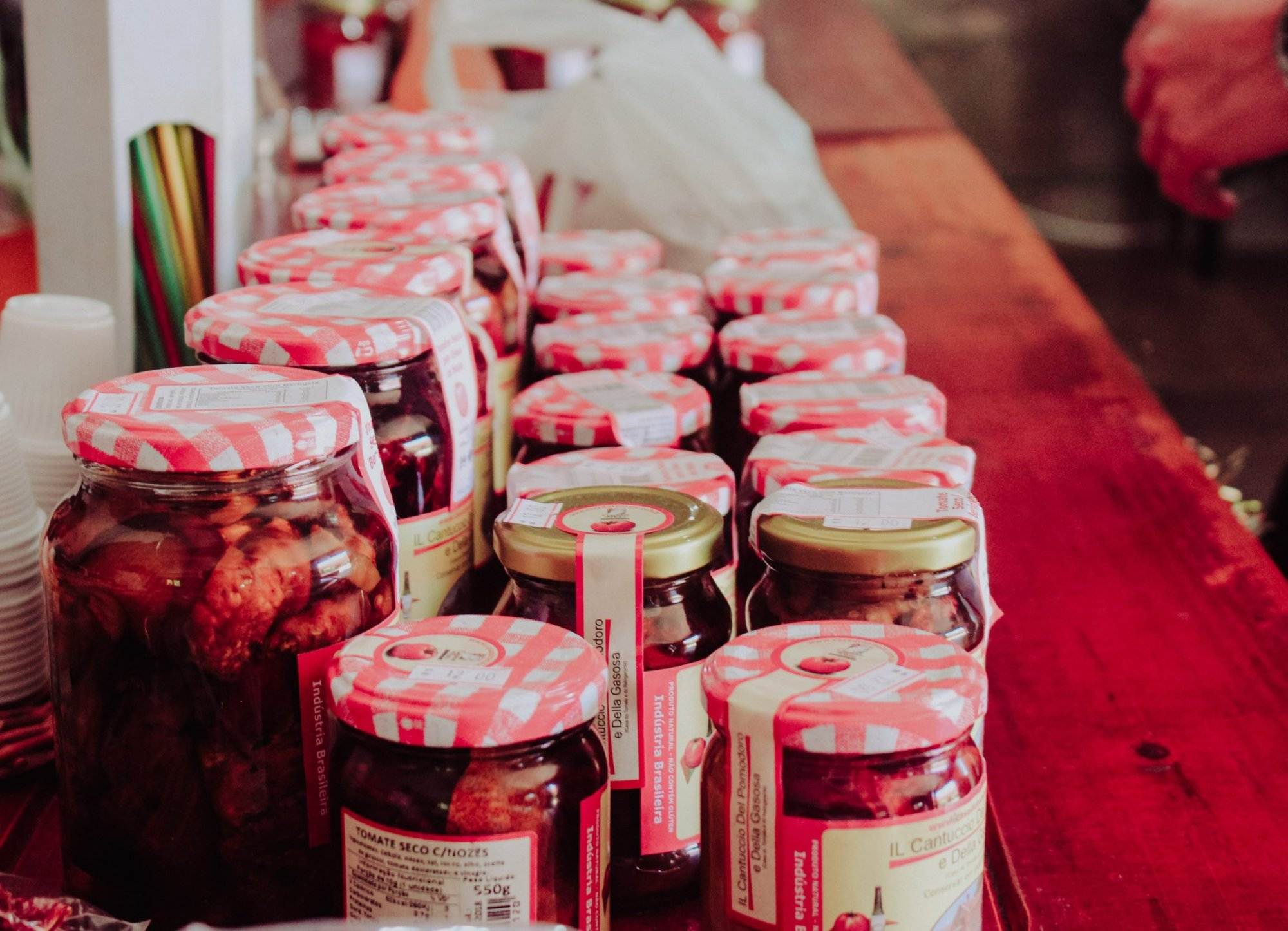This document outlines how a co-design process with 13 women over 50 has led to a unique and innovative solution to helping women at risk of income poverty, using the vehicle of micro-enterprise.
The seed for this project was planted when we had completed the Blueprint for an Ageing Australia, a document that outlines seventeen practical and important policy recommendations across seven policy areas that can make ageing a positive experience for all. The Blueprint is built around the idea that living longer is a good thing, that the rising average age of our population is a vindication of advances in science and health policy, and that the best way to approach it is to look for ways that older Australians can participate more effectively in our society and our economy to the best of their abilities.
However, not everyone experiences longevity the same way. We also read reports that indicate that women tend to be more financially disadvantaged in their 50s and 60s than men, increasing their risk of income poverty in retirement. Despite the labour force participation rate of women increasing, driving up the average retirement age, women still move into the last third of their lives with around 60% of the savings of men. The financial pressures of ageing are keenly felt by these women, especially those who are in the private rental market. Women who are aged 50+ are particularly vulnerable because many of them are unable to engage in regular paid employment due to caring responsibilities and mental and physical health issues. Despite willingness to work, they also regularly face age discrimination and remain unemployed for longer periods. As a result, they are at risk of becoming wholly dependent on government support.
On a positive note, there are also stories about older women who have managed to find ways to increase their financial security through running a micro-enterprise, often in an informal capacity. Pauline, a woman on the age pension, shared her story with us – she had found resourceful ways to boost her Government allowance by offering gardening services to neighbours in their 80s. Gardening strengthened her emotional wellbeing and gave her a source of extra cash. She explained to us that this extra cash makes the difference between her being able to afford jam instead of just margarine on her toast in the mornings.
This got us thinking about a project that can stimulate self-employment as a way to boost older women’s incomes. Combining the recommendations of the Blueprint with Pauline’s story, the purpose and name of the project was born: Money For Jam.

